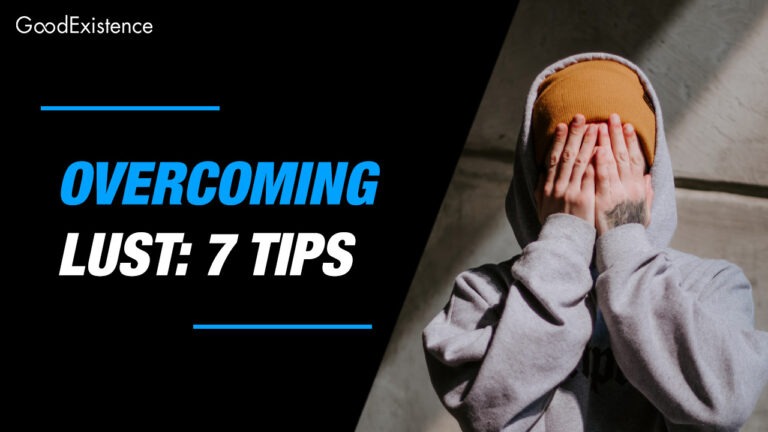
Saying 'yes' when you mean 'no' is exhausting, isn't it?
For years, I was a people-pleaser. I thought being agreeable was the same as being kind. But all it did was leave me feeling drained, resentful, and disconnected from what I truly wanted. I would agree to plans I didn’t want, take on work that wasn’t mine, and stay silent when I had something important to say. The result? I felt like a passenger in my own life.
Learning to be assertive changed everything. It wasn't about becoming loud, demanding, or aggressive. It was about finding a quiet confidence to be honest and respectful—first with myself, and then with others. It’s a skill, and like any skill, it takes practice. If you're tired of putting yourself last, here are 15 ways to start practicing assertiveness today.
Understand What Assertiveness Really Is
Before we dive in, let’s get one thing straight. Assertiveness is not about winning every argument or always getting your way. It’s the healthy middle ground between being passive (letting others walk all over you) and being aggressive (walking all over others). It’s expressing your thoughts, feelings, and needs clearly and respectfully, while also listening to and acknowledging the other person. It’s about mutual respect.
Here’s how you can begin to practice it.
-
Start Small. You don't need to start by confronting your boss or a difficult family member. Practice in low-stakes situations. If a barista gets your coffee order wrong, politely point it out. If a friend suggests a movie you have no interest in seeing, suggest an alternative. These small acts build confidence for bigger challenges.
-
Use “I” Statements. This is a game-changer. Instead of making accusatory "you" statements like, "You never listen to me," try an "I" statement. For example, "I feel unheard when I can't finish my sentence." This focuses on your feelings and experience, not on blaming the other person. It invites conversation, not conflict.
-
Learn to Say a Simple “No.” This is the big one. You can say "no" without a five-page excuse. A simple, "No, I can't make it," or "No, I don't have the capacity for that right now," is a complete sentence. You don’t owe anyone a detailed explanation.
-
Rehearse What You Want to Say. If you have a tough conversation coming up, practice it. Say the words out loud to yourself. This helps you feel more comfortable and confident when the real moment arrives. It removes the fear of being caught off guard.
-
Watch Your Body Language. Stand tall, keep your shoulders back, and make gentle eye contact. Your non-verbal cues speak volumes. A confident posture signals that you believe in what you’re saying. You don’t need to be intimidating, just present and self-assured.
-
Ask for What You Want or Need. Assertiveness isn't just about saying no. It's also about clearly and politely asking for what you need. Instead of hoping someone will read your mind, just ask. "Could you please help me with this?" or "I would appreciate it if you could turn the music down."
-
You Can't Control Others’ Reactions. This is crucial. You are responsible for communicating your needs respectfully. You are not responsible for how the other person reacts. They might get upset or defensive. That’s on them. Your job is to be clear and kind.
-
Use a Delaying Tactic. You don’t have to answer every request on the spot. It’s perfectly fine to say, "Let me check my calendar and I'll get back to you," or "I need to think about that, can I let you know tomorrow?" This gives you space to decide without pressure.
My Own Battle with Boundaries
For me, the first and hardest person I had to be assertive with was myself. For years, I struggled with binge eating and an unhealthy lifestyle that left me over 110 pounds overweight. I was passive in the face of my own destructive habits. I would tell myself, "Just one more," or "I'll start tomorrow." I was letting my impulses dictate my life.
The turning point wasn't some grand moment of motivation. It was a quiet decision to say "no" to myself. No, you don't need that second helping. No, you're not going to eat out of boredom. It was the first real boundary I ever set. Learning to honor that internal "no" was incredibly difficult, but it was the foundation of my entire transformation.
Once I proved I could be assertive with myself—that I could respect my own goals—it became so much easier to be assertive with others. That same muscle I used to refuse an unhealthy snack was the one I used to decline a request that would drain my energy. It all started from the inside out.
-
Set Boundaries with Yourself First. As you just read, this is where true strength begins. Assert your long-term goals over your short-term feelings. Say "no" to hitting the snooze button one more time. Say "yes" to a 20-minute walk even when you don't feel like it. When you respect yourself, others are more likely to follow suit.
-
Receive Compliments Gracefully. How often do you brush off a compliment? When someone says, "You did a great job," don't say, "Oh, it was nothing." A simple "Thank you" is an assertive and confident response. It shows you value your own work.
-
Stick to Your Values. Know what is important to you. For me, strengthening my Christian faith has become a compass. When you know what you stand for, it’s easier to say no to things that don’t align with your principles. Your values are your non-negotiables.
-
Don't Apologize for Having Needs. Stop starting sentences with "I'm sorry, but…" You don't need to apologize for having an opinion, a need, or a boundary. Just state it clearly. "Could we talk about this later? I need to focus right now."
-
Celebrate Your Wins. Every time you successfully practice assertiveness, acknowledge it. You don’t need a parade. Just a quiet moment of self-recognition. "I did it. I was honest and respectful, and I stood up for myself." This reinforces the positive behavior.
-
Be Patient and Persistent. You've likely spent years being passive or accommodating. You won't change overnight, and that's okay. Some days you’ll do great. Other days you’ll slip back into old habits. Just keep practicing. It's a journey, not a destination.
Assertiveness is an act of self-respect that ripples outward. It improves your relationships, builds your confidence, and helps you create a life that feels authentically yours.
So, here's my question for you: What's one small, low-stakes "no" you can practice saying this week to make space for a bigger "yes" in your life?





